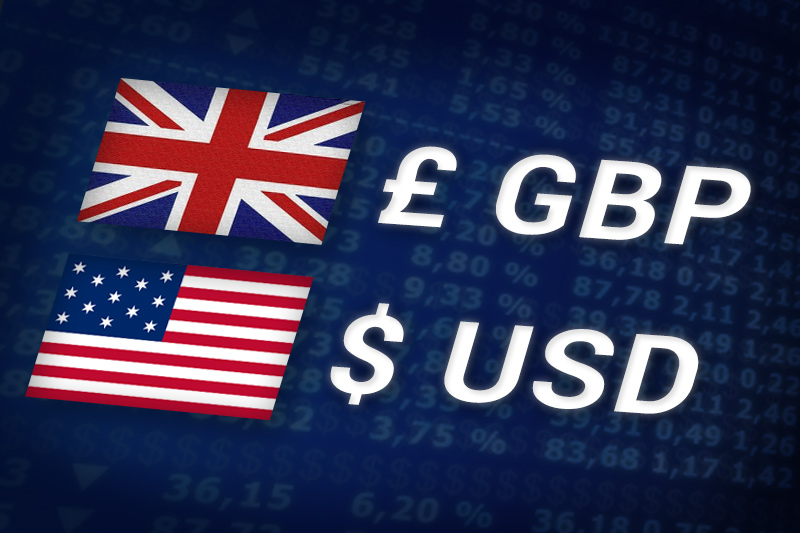Investing.com – The pound extended losses against the U.S. dollar on Monday, as the International Monetary Fund backed U.K. government plans to reduce the budget deficit, but said more quantitative easing may be needed if growth remained weak.
GBP/USD hit 1.6366 during early U.S. trade, the daily low; the pair subsequently consolidated at 1.6380, shedding 0.27%.
Cable was likely to find support at 1.6304, last Thursday’s low and resistance at 1.6511, the high of May 30.
The IMF said the U.K. economy was likely to grow by approximately 1.5% this year before rising to 2.5% in the medium term but said there were significant risks associated with the forecast.
These risks included euro zone debt problems, volatile commodity prices, the health of Britain's housing market and the amount of spare capacity in the economy, the IMF said.
But the IMF said that if growth proved persistently slow and inflation fell, then the Bank of England would need to consider more quantitative easing and the government could look at tax cuts to help the poor and boost investment.
The pound was also lower against the euro, with EUR/GBP easing up 0.10% to hit 0.8918.
U.K. Chancellor George Osborne welcomed the IMF's annual economic assessment, which came after he dismissed criticism from a group of economists who said the pace of government cutbacks was putting the country’s economic recovery at risk.
GBP/USD hit 1.6366 during early U.S. trade, the daily low; the pair subsequently consolidated at 1.6380, shedding 0.27%.
Cable was likely to find support at 1.6304, last Thursday’s low and resistance at 1.6511, the high of May 30.
The IMF said the U.K. economy was likely to grow by approximately 1.5% this year before rising to 2.5% in the medium term but said there were significant risks associated with the forecast.
These risks included euro zone debt problems, volatile commodity prices, the health of Britain's housing market and the amount of spare capacity in the economy, the IMF said.
But the IMF said that if growth proved persistently slow and inflation fell, then the Bank of England would need to consider more quantitative easing and the government could look at tax cuts to help the poor and boost investment.
The pound was also lower against the euro, with EUR/GBP easing up 0.10% to hit 0.8918.
U.K. Chancellor George Osborne welcomed the IMF's annual economic assessment, which came after he dismissed criticism from a group of economists who said the pace of government cutbacks was putting the country’s economic recovery at risk.
